If your red blood cells are fewer or smaller than normal you may have anemia. Special stool tests may be needed to identify blood in dark stool.
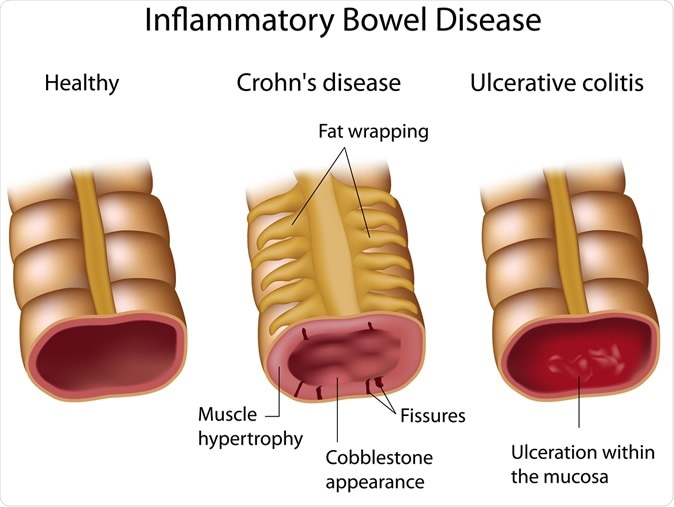 Some Foods Common In Diets Of Adults With Inflammatory Bowel Disease
Some Foods Common In Diets Of Adults With Inflammatory Bowel Disease
Crohns Disease and Bloody Stool.
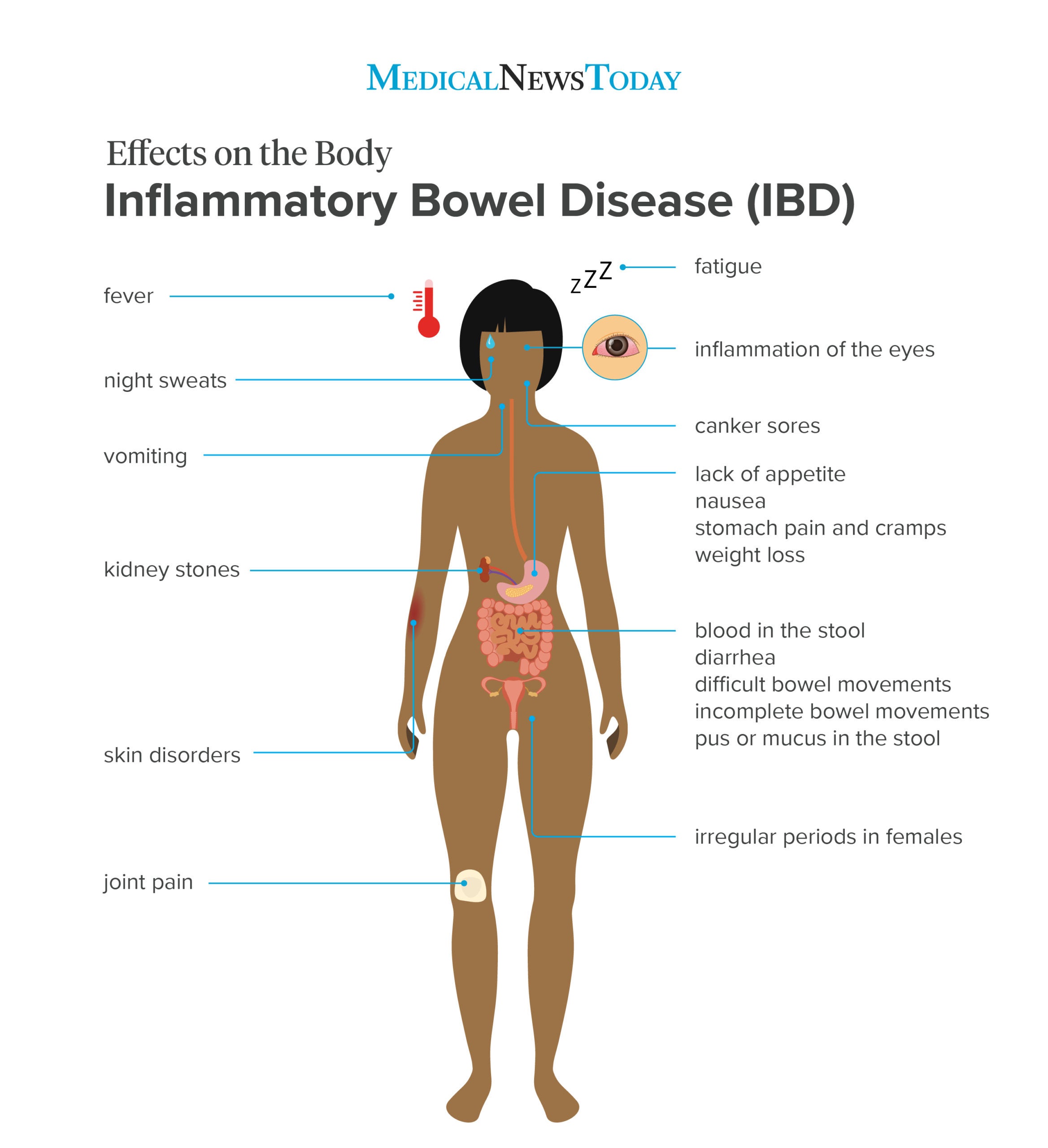
Crohn's disease blood in stool. But for people who have Crohns disease diarrhea and other symptoms can happen often enough to interfere with regular life. Crohns disease can cause a section of the intestines to narrow due to severe inflammation. Crohns disease is an inflammatory bowel disease that causes.
What causes black stool. In patients with Crohns bleeding usually signifies active disease in the large bowel or the. Lab tests to help diagnose Crohns disease include.
Blood in stool that is a result of an inflammatory bowel disease IBD will appear red. One of the main forms of IBD Crohns disease can be a possiblebut uncommoncause of black stool. July 3 2011 by rfcamat Leave a Comment.
Sometimes the amount of blood is so small that it can only be detected by a fecal occult test which checks for hidden. Blood and stool samples can be tested for things like inflammation which could be due to Crohns disease and infections. Published on August 4 2016 Blood in stool is a possible symptom for ulcerative colitis and Crohns disease.
Red bleeding Hematochezia Lower GI rectal bleeding and bleeding in the colon rectum and lower small intestine can lead to bright red blood. Inflammatory disorders in the intestine area can result to blood in stools. Crohns disease is chronic inflammatory bowel disease that primarily can affect any part of the gastrointestinal tract from the mouth to the anus.
Bleeding higher up in the digestive tract esophagus stomach usually causes black stool. While it tends to cause gastrointestinal symptoms such as bloating flatulence cramping diarrhea nausea vomiting and blood in stools the disease can cause additional symptoms when it affects other systems in the body. For example conditions like Crohns disease can affect the gastrointestinal tract that can manifest symptoms such as bloody stools diarrhea vomiting and abdominal pain.
Crohns disease itself causes tissue in the digestive tract to inflame ulcerate and bleed on occasion. Yes you should see a doctor for blood in your stools whether or not you have Crohns disease. The blood in stool you notice could be either bright red meaning its from a lower part of the gut or darker indicating it probably originated higher in the digestive tract.
Blood in stool means there is bleeding somewhere in your digestive tract. 3 It can be hard to notice this type of bleeding. Food passing through your gut can also aggravate the inflamed areas causing them to bleed.
It may take a few days or weeks to get the results. Crohns inflammation can lead to ulcerations and internal bleeding. This section is called a stricture and it can block or slow the passage of stool or digested food.
Fissures abscesses fistulas and even hemorrhoids or persistent diarrhea can lead to red blood being noticed. A health care professional may take a blood sample from you and send the sample to a lab to test for changes in. Referral to a specialist If they think you could have Crohns disease your GP may refer you to a doctor called a gastroenterologist for tests to confirm the diagnosis.
/crohns-disease-symptoms-5b310ede0e23d90036925980.png) Crohn S Disease Signs And Symptoms
Crohn S Disease Signs And Symptoms
Inflammatory Bowel Disease Armando Hasudungan
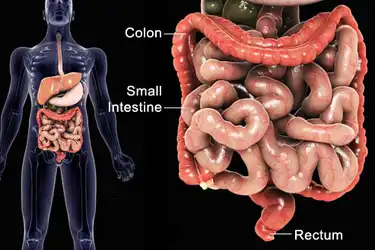 A Visual Guide To Inflammatory Bowel Disease Ibd
A Visual Guide To Inflammatory Bowel Disease Ibd
 Inflammatory Bowel Disease Causes Symptoms And Treatments
Inflammatory Bowel Disease Causes Symptoms And Treatments
 Diarrhoea Constipation Crohn S Colitis Uk
Diarrhoea Constipation Crohn S Colitis Uk
/crohns-disease-diagnosis-5aec9f49c5542e0036b9785c.png) How Crohn S Disease Is Diagnosed
How Crohn S Disease Is Diagnosed
:max_bytes(150000):strip_icc()/ibd-diagnosis-1942637-ADD-FINAL-V2-7b15328088a94c67a780981fddca4402.png) How Inflammatory Bowel Disease Is Diagnosed
How Inflammatory Bowel Disease Is Diagnosed
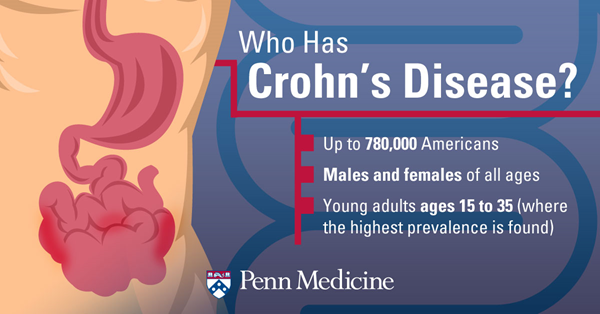
:max_bytes(150000):strip_icc()/ibd-symptoms-1942663-color-84819923811f4d978d30621228abdad0.jpg) Ibd Signs Symptoms And Complications
Ibd Signs Symptoms And Complications
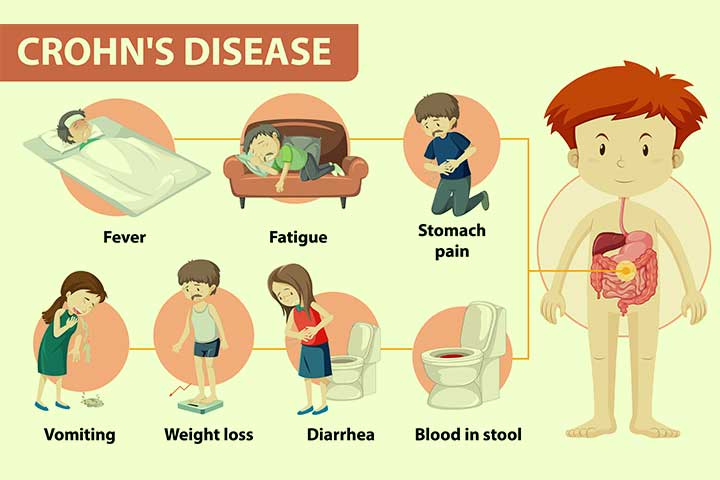 Crohn S Disease In Children Causes Diagnosis And Treatment
Crohn S Disease In Children Causes Diagnosis And Treatment
Inflammatory Bowel Disease Armando Hasudungan
Emdocs Net Emergency Medicine Educationem 3am Inflammatory Bowel Disease Emdocs Net Emergency Medicine Education
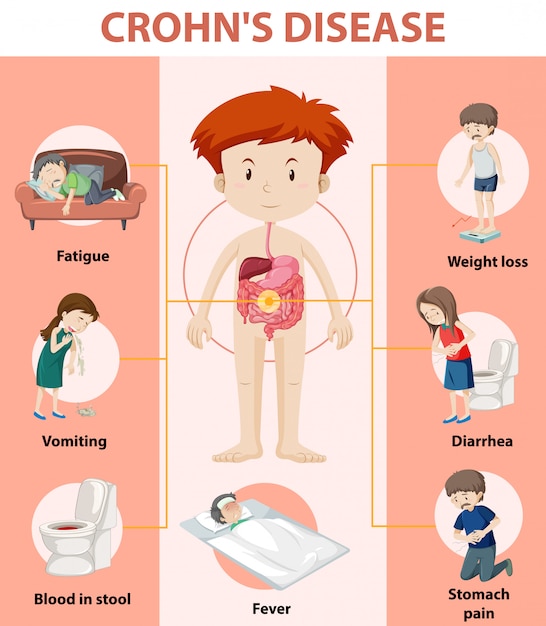 Medical Infographic Of Crohn S Disease Free Vector
Medical Infographic Of Crohn S Disease Free Vector
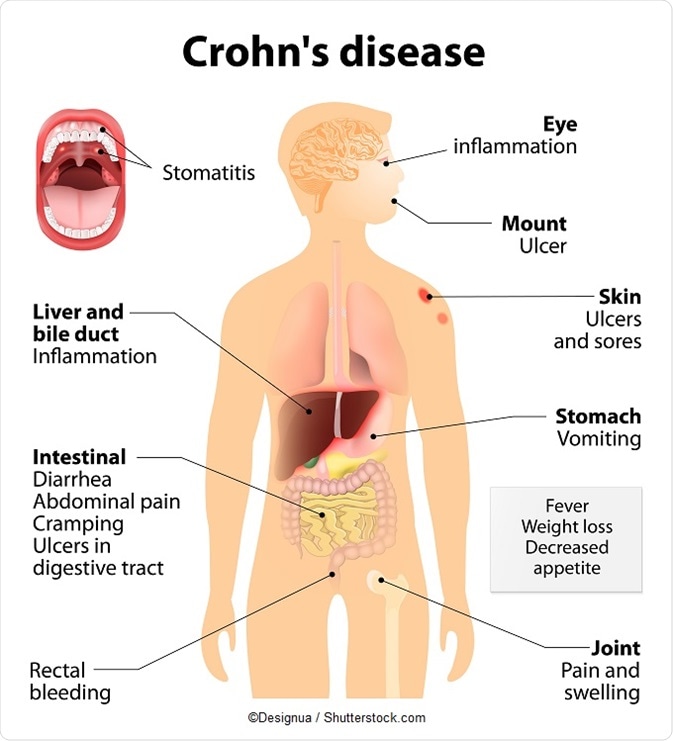
No comments:
Post a Comment
Note: Only a member of this blog may post a comment.